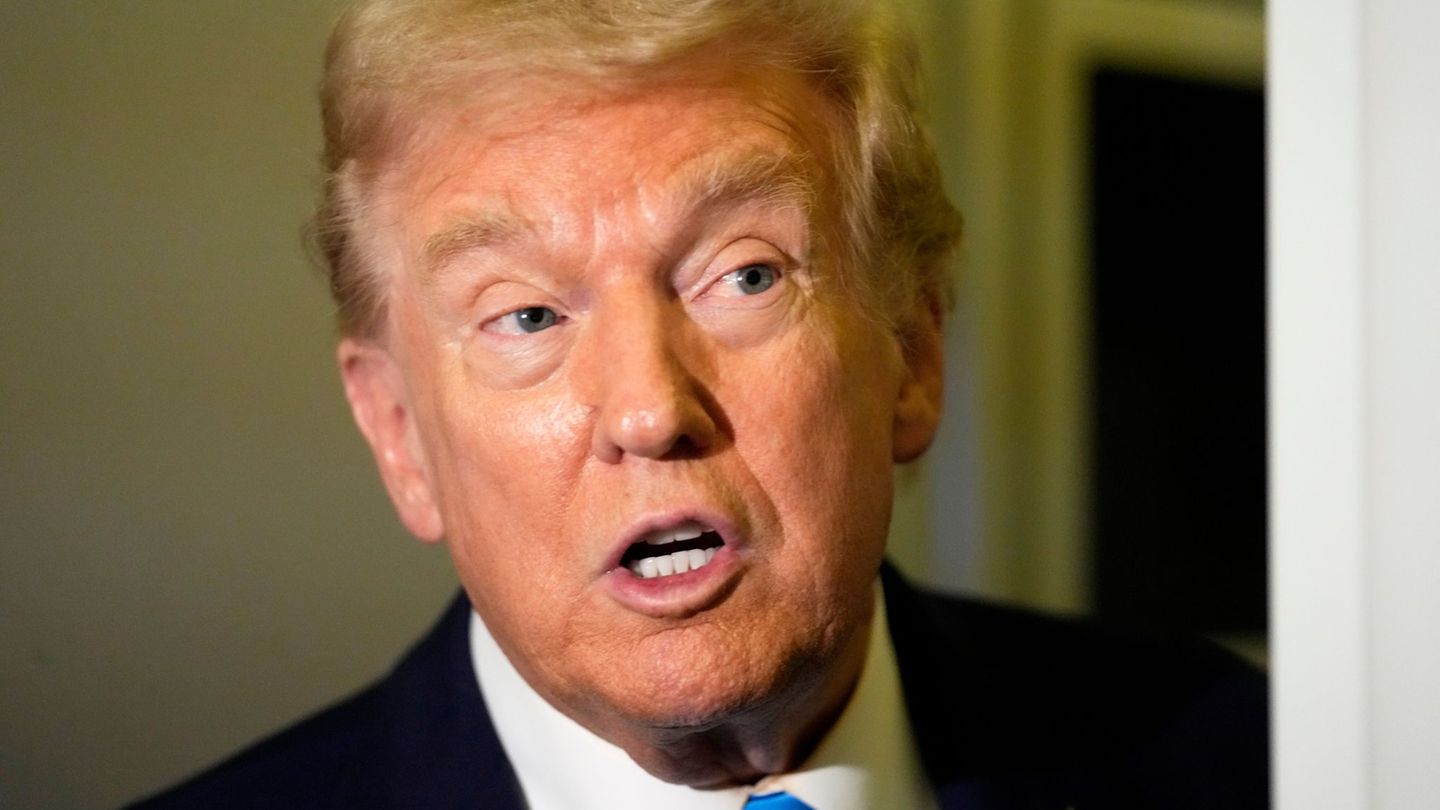The minimum wage of 12 euros has been in force in Germany since Saturday. Millions of employees benefit from it. Employers are already warning of further government intervention.
On the occasion of the minimum wage increase and with a view to the energy price crisis, SPD party leader Saskia Esken is calling for significant increases in collectively agreed wages. “The minimum wage is always an impetus for higher wages – that’s particularly important at the moment,” said Esken of the “Stuttgarter Zeitung” and the “Stuttgarter Nachrichten” (Saturday). “The unions that are now entering into collective bargaining disputes should make it clear that agreements must reflect the rate of inflation.”
Millions of employees in Germany have been getting more money for their work since Saturday. The minimum wage rose from 10.45 euros to 12 euros per hour on October 1st. She expects another significant increase “also in the minimum wage when the responsible commission sets it for next year,” said Esken.
Criticism came from the employers’ association BDA. “The statement by the SPD leader unmasks the talk of a one-time intervention in the work of the minimum wage commission,” said chief executive Steffen Kampeter on Saturday. Anyone who immediately sets another political target for the work of the commission after the minimum wage increase shows “not only economic ignorance, but also a lack of respect” for the work of trade unions and employers. “The leader of the SPD wants to shape wage policy in the German Bundestag directly. This should be stopped.”
There should be no further government intervention
Federal Minister of Labor Hubertus Heil (SPD) had previously assured that no further political intervention in the development of the minimum wage was planned. “For further increases, the minimum wage commission will take on its important task again,” said the SPD politician of the Funke media group (Saturday). Normally, the Minimum Wage Commission, consisting of representatives of the social partners, determines the amount. However, the increase to 12 euros is based on an unprecedented government intervention.
The minimum wage will always remain an absolute lower wage limit, Heil continued. “In order to get better wages and working conditions, we have to promote collective bargaining in Germany. 52 percent is not enough.”
Ifo boss Clemens Fuest warned of a further increase in inflation in view of the minimum wage increase. “Insofar as the minimum wage increases the income of vulnerable groups in the lowest income bracket, it is helpful,” said the economic researcher of the Düsseldorf “Rheinische Post” (Saturday). “However, it is primarily a burden on small companies, which are already suffering from rising energy prices. They will pass on the higher wages through higher prices as far as possible, which will increase inflation.”
The minimum wage will increase nominally – i.e. without taking price developments into account – by around 15 percent, said Fuest. Against the background of the current inflation trend, the real wage increase is reduced to 5 percent.
Source: Stern
Jane Stock is a technology author, who has written for 24 Hours World. She writes about the latest in technology news and trends, and is always on the lookout for new and innovative ways to improve his audience’s experience.




